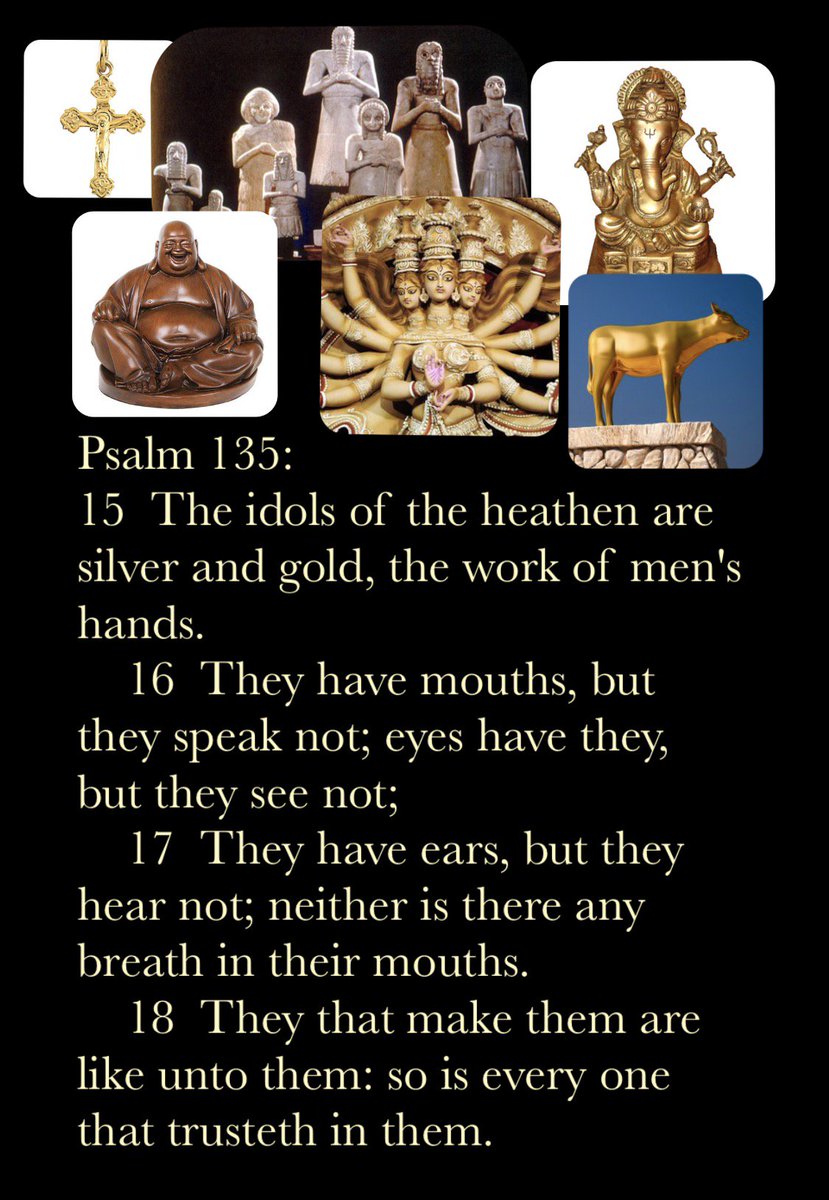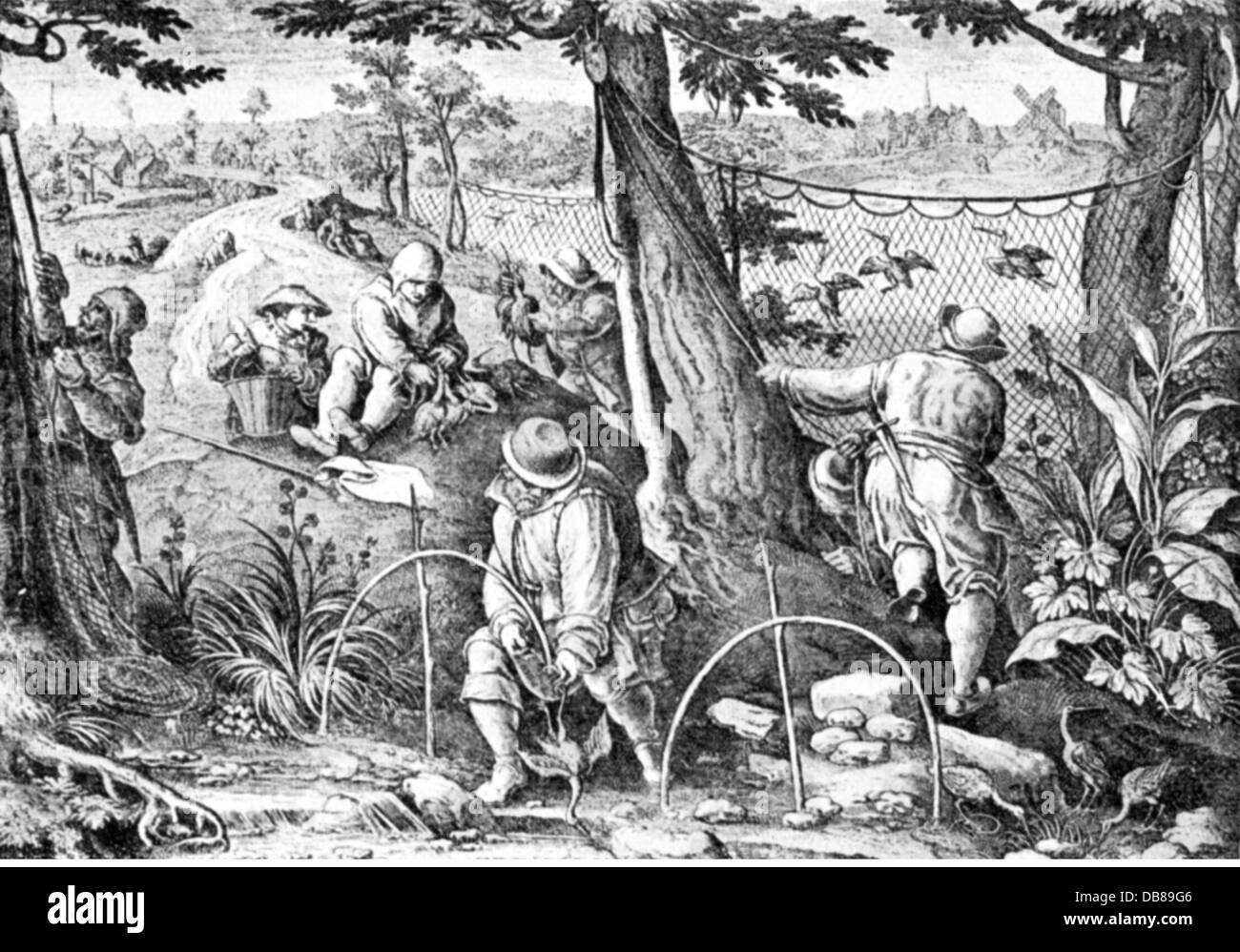It’s Thanksgiving month, and one thing for which I’m thankful is that Halloween is over! OVER! For another year, at least.
I find the big blow up figures of witches, ghosts, skeletons and other signs of death just–well, ugly. As far as that goes, I don’t like the Christmas ones, either. One of the worst decorating ideas ever. I’m sorry if you are offended. I just don’t like them.
Did you know that Halloween is second only to Christmas for being a cash cow?

When did we start spending so much money decorating in honor of demons, witches, ghosts and ghouls, and death? NOBODY did that when I was growing up.
The people that profit the most from the tons of money spent on Halloween these days must be laughing up their sleeves. They have succeeded in suckering us into buying elaborate costumes, when we used to make them ourselves. They offer us shelves and shelves of decoration, candy for Trick or Treat, masks of all imaginable horror, and we’re snapping it up as if it had some value.
Halloween was just fun when I was a kid. We went with all the other kids in the neighborhood, dressed in all sorts of outlandish get-ups, collecting treats that would last us for weeks–at least until Christmas if we were careful. No one was afraid. Our parents didn’t have to shepherd us, carting us from place to place. Nowadays, parents take their kids to the crowded neighborhoods where they’ll get more loot, and I guess I understand that. It’s the whole point, right? Loot?
If there were horror movies, we didn’t see them. If there were ordinary TV programs that glorified Halloween, I don’t remember seeing them, either.
It’s kind of sad, really. We’ve lived in our house for over 27 years, and for a long time I would buy a bag of candy for Trick or Treaters. They never came. One year some parents brought their kids to our house, but then realized they were in the wrong driveway. I gave them candy anyway, poor kids. I don’t bother buying candy now. If it’s in the house, it’s going to end up in my mouth. That would be enough to scare anyone!
Well, I’m glad it’s over. I just wish the stores would quit putting out Christmas merchandise in early October. Three months is too long to be thinking about Christmas shopping.
And that’s my rant for the day. I hope you spend some time this week thinking about Thanksgiving. Recipes, history, all that God has blessed us with. That’s a much happier theme than ghosts and skeletons.









